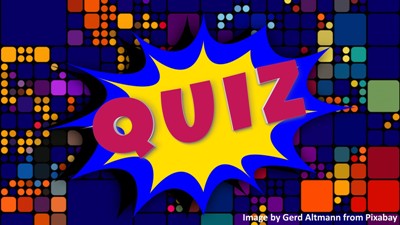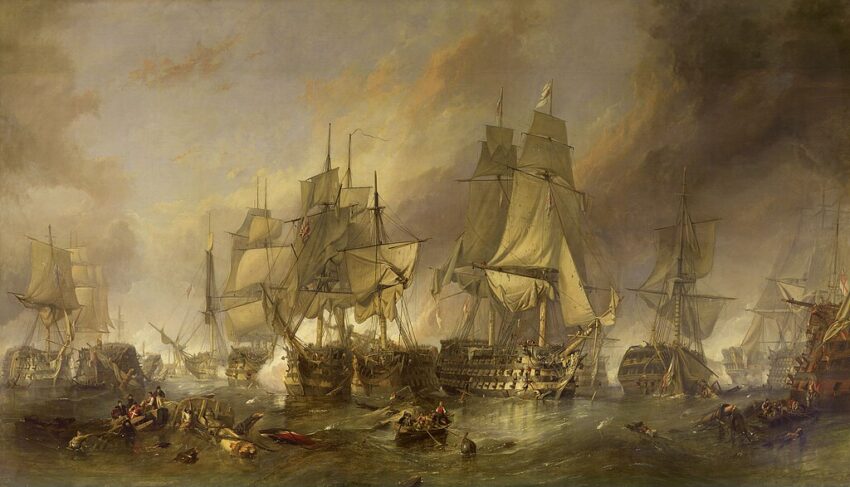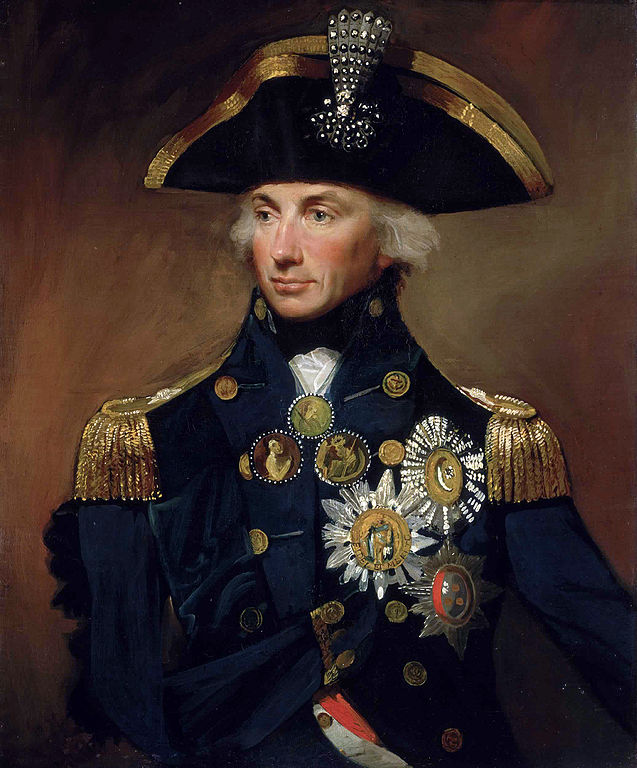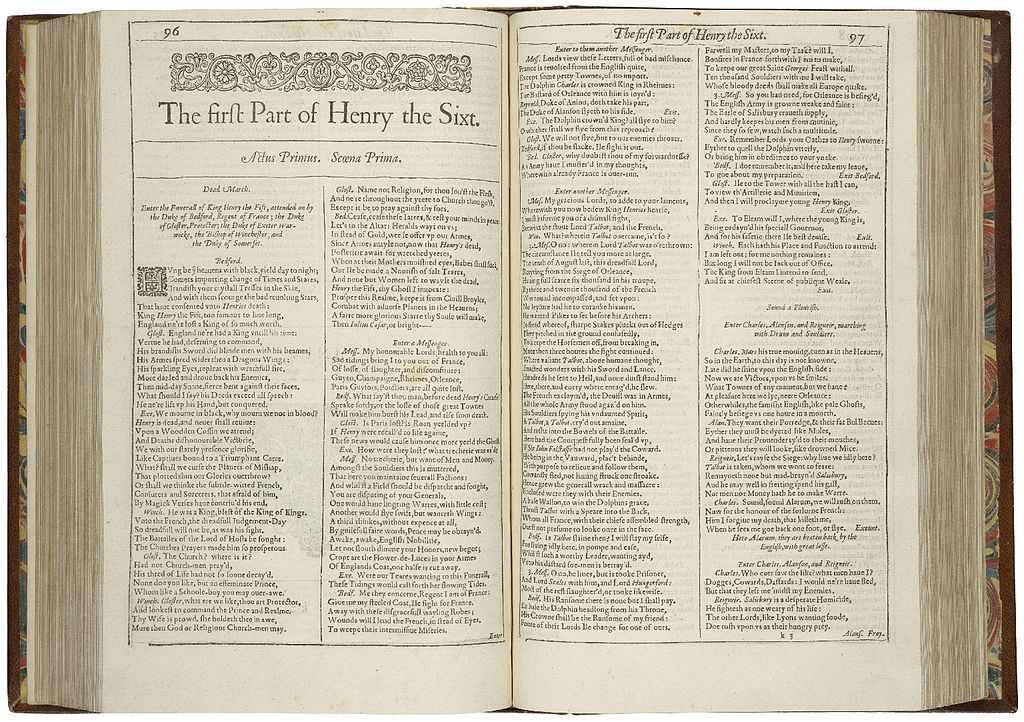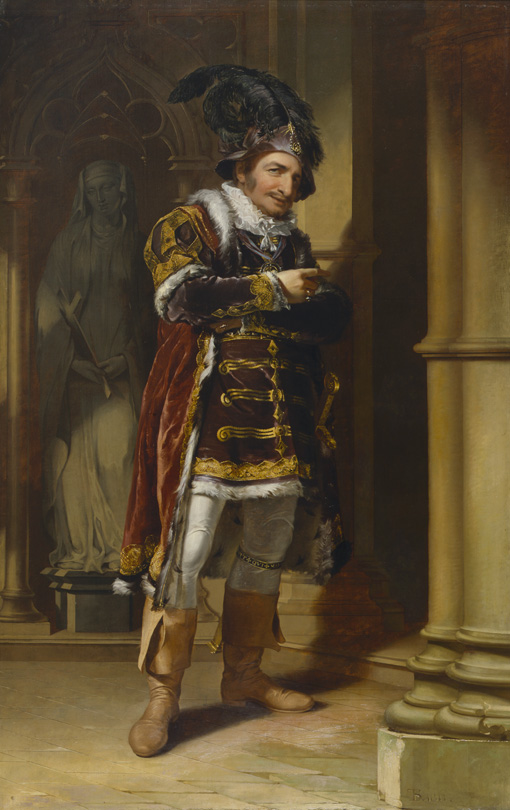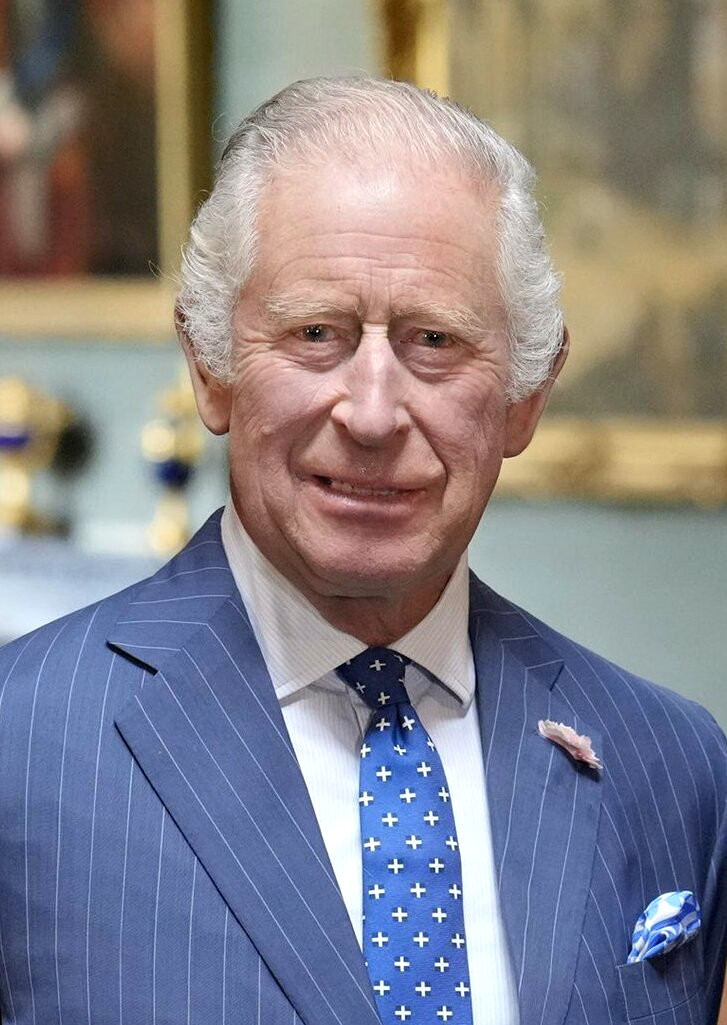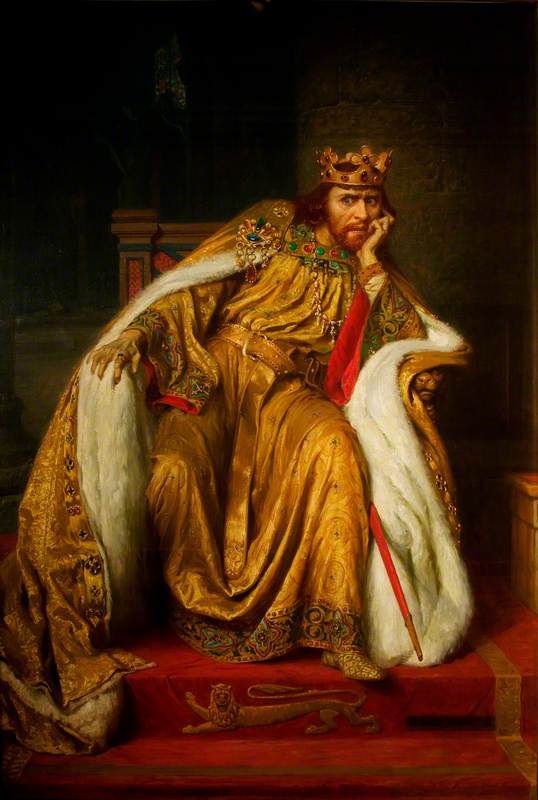Battle of Trafalgar Quiz Questions
1. In which year did the Battle of Trafalgar take place?
(a) 1798
(b) 1805
(c) 1812
(d) 1821
2. Who was the British commander at the Battle of Trafalgar?
(a) Admiral John Jervis
(b) Admiral Horatio Nelson
(c) Duke of Wellington
(d) King George III
3. Which two combined fleets did the British face at Trafalgar?
(a) French and Spanish
(b) French and Dutch
(c) Spanish and Portuguese
(d) Russian and Ottoman
4. What was the name of Nelson’s flagship at Trafalgar?
(a) HMS Victory
(b) HMS Dreadnought
(c) HMS Britannia
(d) HMS Duke of Wellington
5. The Battle of Trafalgar is considered a turning point in which war?
(a) American Revolutionary War
(b) Napoleonic Wars
(c) Seven Years’ War
(d) War of 1812
6. What was the outcome of the Battle of Trafalgar for the British?
(a) Decisive Defeat
(b) Pyrrhic Victory
(c) Stalemate
(d) Decisive Victory
7. Despite the victory, what happened to Nelson during the battle?
(a) He was captured by the French.
(b) He was wounded and later died.
(c) He led a successful land invasion.
(d) He remained unharmed.
8. Where did the Battle of Trafalgar take place?
(a) English Channel
(b) West of Cape Trafalgar
(c) Caribbean Sea
(d) Mediterranean Sea
9. How many British ships participated in the Battle of Trafalgar?
(a) Around 20
(b) Around 30
(c) Around 40
(d) Around 50
10. How many ships did the combined French and Spanish fleets have?
(a) Fewer than the British
(b) Roughly equal to the British
(c) Slightly more than the British
(d) Significantly more than the British
11. What was a major advantage for the British fleet at Trafalgar?
(a) Superior firepower
(b) Larger ship size
(c) More experienced crews
(d) A surprise attack
12. What was a significant risk of Nelson’s battle plan?
(a) Dividing the British fleet
(b) Running out of ammunition
(c) Being outmaneuvered
(d) Poor weather conditions
13. How did Nelson’s death impact the battle?
(a) It caused a British retreat.
(b) It demoralized the British fleet.
(c) It had little impact on the outcome.
(d) It inspired the British to fight harder.
14. The Battle of Trafalgar helped to secure British dominance at sea for:
(a) A few years
(b) A generation
(c) The remainder of the Napoleonic Wars
(d) The entire 19th century
15. The Franco-Spanish fleet was led by which combined admirals?
(a) Villeneuve and Collingwood
(b) Villeneuve and Gravina
(c) Nelson and Jervis
(d) Napoleon and Soult
16. How did Admiral Nelson die during the battle?
(a) Shipwreck
(b) Gun fire
(c) Sword fight
(d) Illness
17. The Battle of Trafalgar is commemorated in Britain on which national holiday?
(a) Easter Monday
(b) Trafalgar Day
(c) Boxing Day
(d) St. Patrick’s Day
18. What was the outcome of the battle for the French and Spanish fleets?
(a) Minor losses
(b) Decisive defeat
(c) Strategic victory
(d) Stalemate
19. How many British ships were lost at the Battle of Trafalgar?
(a) Over 20
(b) Less than 10
(c) None
(d) Data unavailable
20. The Battle of Trafalgar was a major naval battle during which war?
(a) American Revolutionary War
(b) Seven Years’ War
(c) French Revolutionary Wars
(d) War of 1812
21. What type of ships formed the bulk of the fleets at Trafalgar?
(a) Destroyers
(b) Submarines
(c) Ships of the line
(d) Aircraft carriers
22. What weather conditions were present during the Battle of Trafalgar?
(a) Heavy fog
(b) Stormy seas
(c) Light winds and clear skies
(d) Heavy rain
Battle of Trafalgar Quiz Questions with Answers
1. In which year did the Battle of Trafalgar take place?
(b) 1805
2. Who was the British commander at the Battle of Trafalgar?
(b) Admiral Horatio Nelson
3. Which two combined fleets did the British face at Trafalgar?
(a) French and Spanish
4. What was the name of Nelson’s flagship at Trafalgar?
(a) HMS Victory
5. The Battle of Trafalgar is considered a turning point in which war?
(b) Napoleonic Wars
6. What was the outcome of the Battle of Trafalgar for the British?
(d) Decisive Victory
7. Despite the victory, what happened to Nelson during the battle?
(b) He was wounded and later died.
8. Where did the Battle of Trafalgar take place?
(b) West of Cape Trafalgar
9. How many British ships participated in the Battle of Trafalgar?
(b) Around 30
10. How many ships did the combined French and Spanish fleets have?
(c) Slightly more than the British
11. What was a major advantage for the British fleet at Trafalgar?
(a) Superior firepower
12. What was a significant risk of Nelson’s battle plan?
(a) Dividing the British fleet
13. How did Nelson’s death impact the battle?
(c) It had little impact on the outcome.
14. The Battle of Trafalgar helped to secure British dominance at sea for:
(b) A generation
15. The Franco-Spanish fleet was led by which combined admirals?
(b) Villeneuve and Gravina
16. How did Admiral Nelson die during the battle?
(b) Gun fire
17. The Battle of Trafalgar is commemorated in Britain on which national holiday?
(b) Trafalgar Day
18. What was the outcome of the battle for the French and Spanish fleets?
(b) Decisive defeat
19. How many British ships were lost at the Battle of Trafalgar?
(c) None
20. The Battle of Trafalgar was a major naval battle during which war?
(c) French Revolutionary Wars
21. What type of ships formed the bulk of the fleets at Trafalgar?
(c) Ships of the line
22. What weather conditions were present during the Battle of Trafalgar?
(c) Light winds and clear skies


